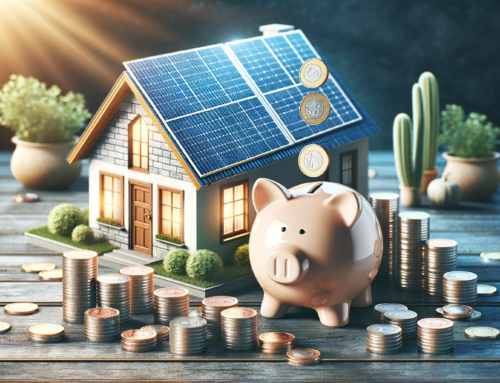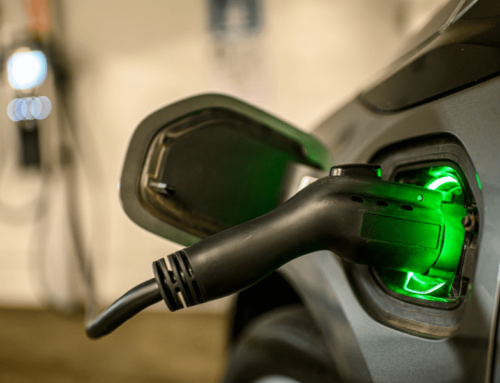Generating power from the sun may be without cost, but the technology behind this process is not. The reality is that a solar system is a significant investment. Like purchasing a home, it has an upfront cost but pays off in the long term. A solar installation is a small construction project, with each module containing multiple parts to make everything work seamlessly together. So, how will you know that taking a chance on clean energy solutions will be worthwhile?
There are four key areas for homeowners to evaluate when determining which solar will be the right fit for them. These factors show the value of solar and determine how beneficial it will be for a homeowner.
- Degradation
An investment of this type is only as good as its life span. Intuitively, we know that homeowners should choose durable solar modules, but there is one important factor that is often overlooked. That is degradation—the rate at which a solar panel loses its production capabilities over time. Because solar panels lie on the homeowners’ rooftops, they are exposed to various changes in weather temperatures. These fluctuations can cause the solar panels to expand and contract, which adds stress to the interior cells. Some conventional solar cells may crack or break under pressure, resulting in them producing less energy over time. Premium solar cells are made differently. Designed with a durable copper backing to prevent damage, they are better positioned to withstand the factors that often cause lower-quality solar panels to degrade at a quicker rate.
- Warranty
Not all warranties are created equal. To truly protect your solar investment, make sure your solar equipment is fully covered. At first glance many companies appear to have a decent-looking warranty at first glance, but solar companies come and go. Check to see if the company goes out of business; the warranty will still be valid. To feel truly confident that your investment is covered, you should choose a company that stands the test of time.
In general, a solar system is comprised of many different working pieces. For some solar companies, that makes warranty issues complicated. Be sure that the components and the labor are covered if something goes wrong. Homeowners shouldn’t have to worry about going to various manufacturers to get their solar systems fixed.
- ITC
The federal solar investment tax credit (ITC) is a great benefit to homeowners looking to go solar. It enables homeowners to receive a tax credit on a percentage of the total cost of their installed solar system. It was on a path to disappear until the passage of the Inflation Reduction Act (IRA) in 2022. It has now been increased to 30% and extended through 2032.
- Efficiency
When it comes to saving money, the efficiency of the panels is important. Look for the most efficient panels on the market that require less rooftop space to meet your energy needs. In fact, some very efficient panels will produce up to 55% more than conventional panels within the same space. This makes smaller, more efficient panels the best solution for compact roof sizes or to allow space for further expansion.
The Bottom Line
What you need to know is that the cost of a solar system is just one part of the equation. It is important to take the time to truly identify what makes a solar system valuable and reap the biggest benefits. You don’t have to figure this out on your own. Our solar consultants will work closely with you to show you your options and help you capitalize on all of the incentives in your area.







